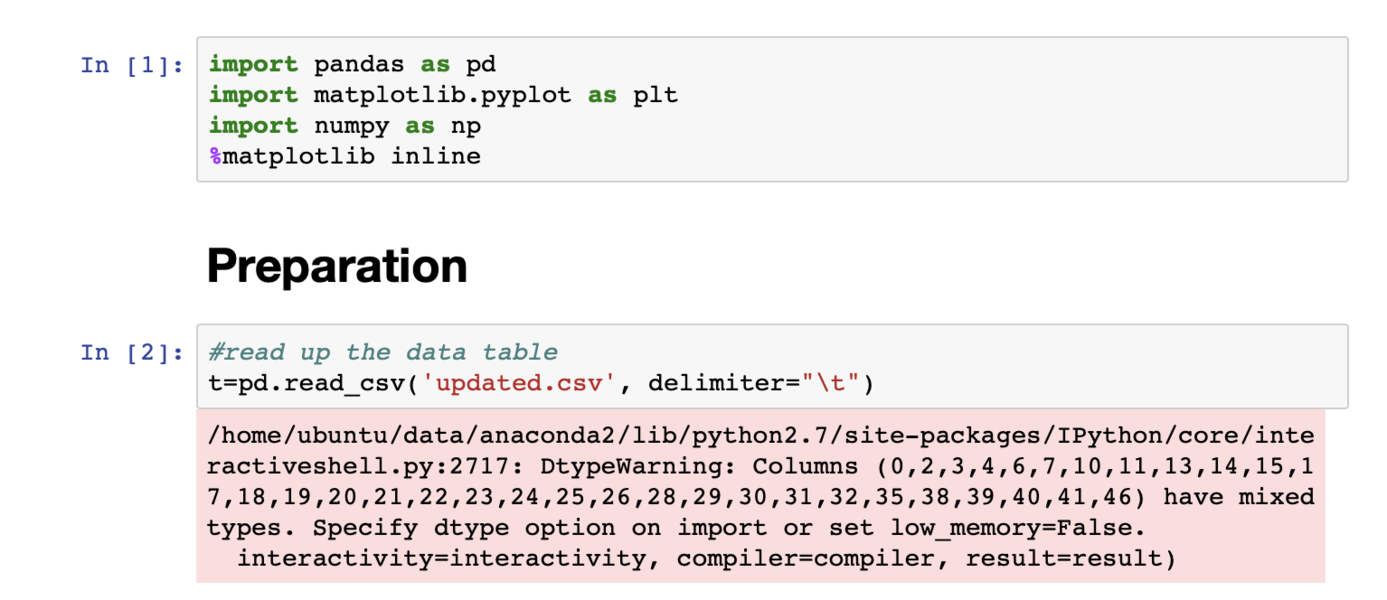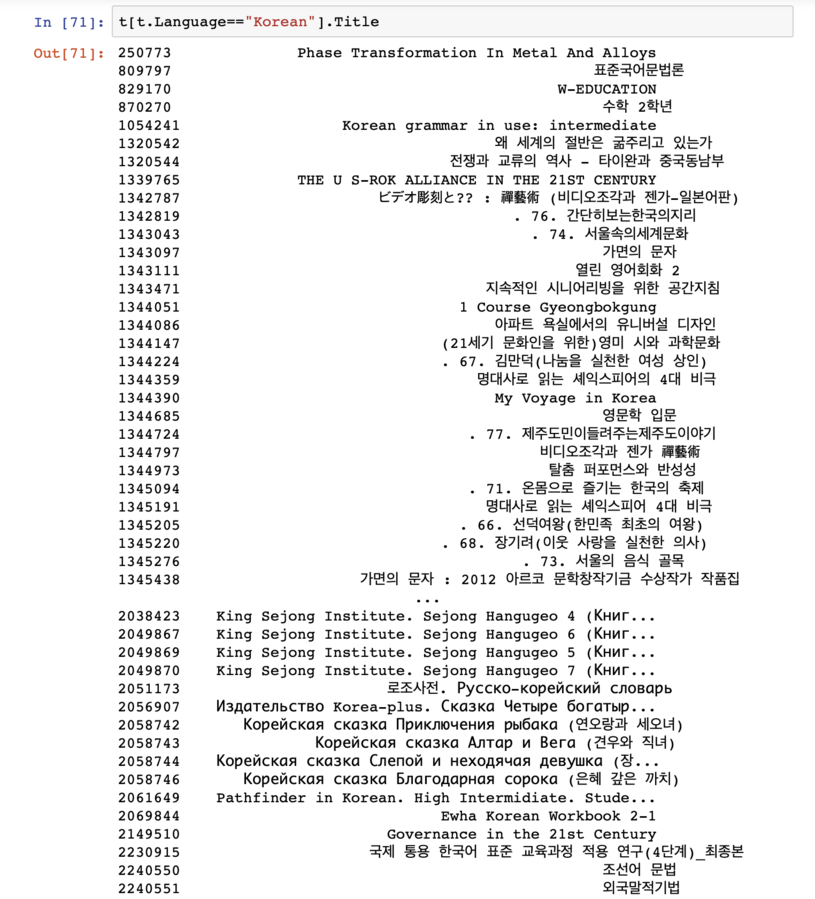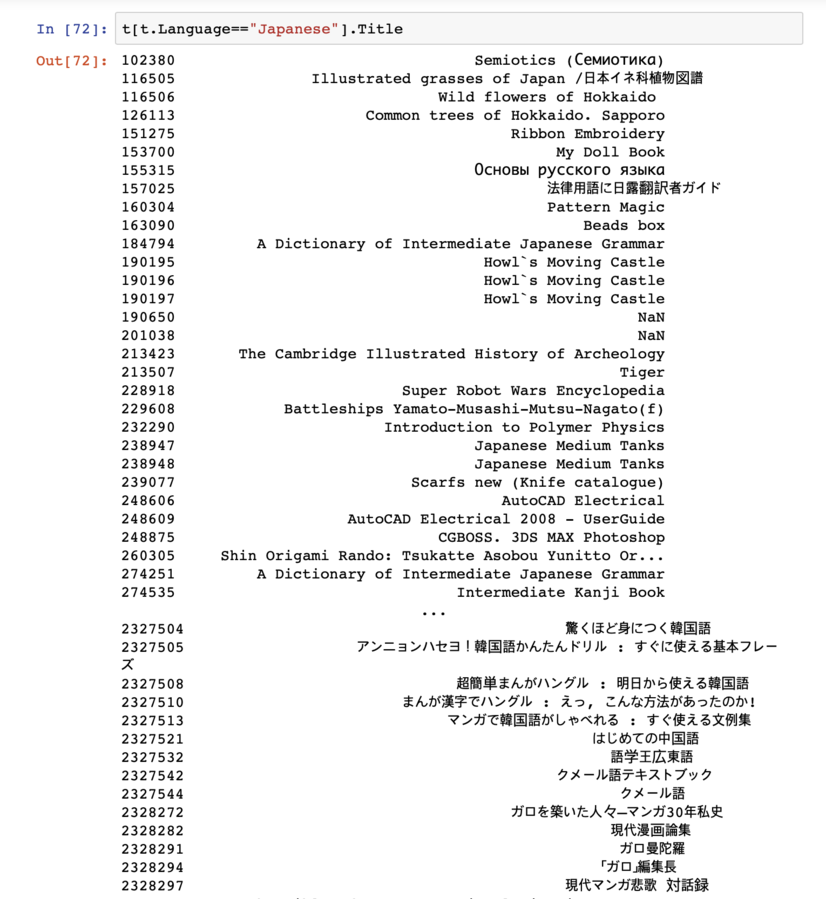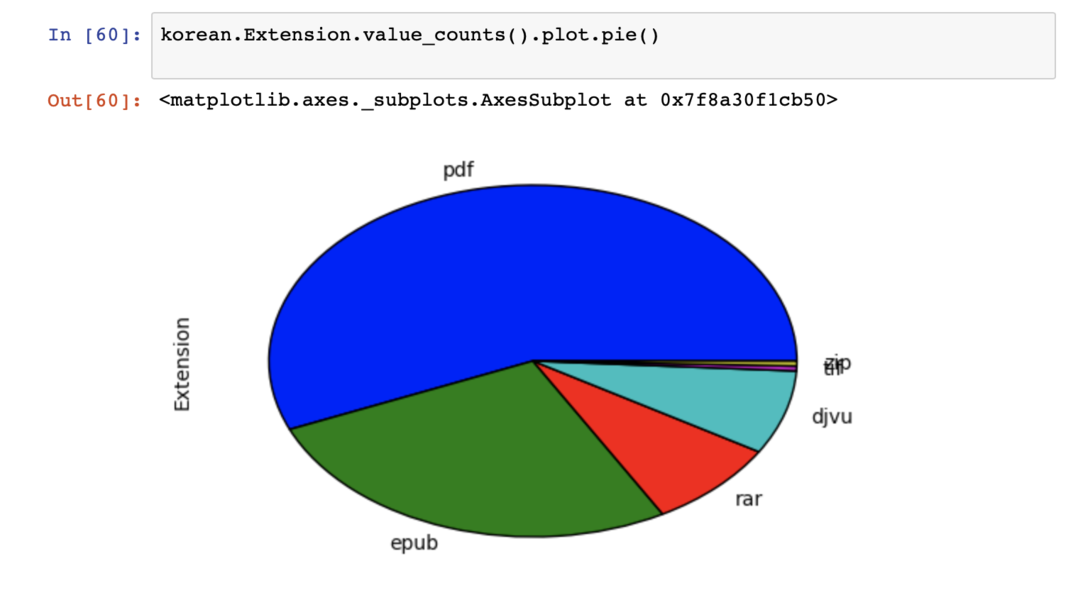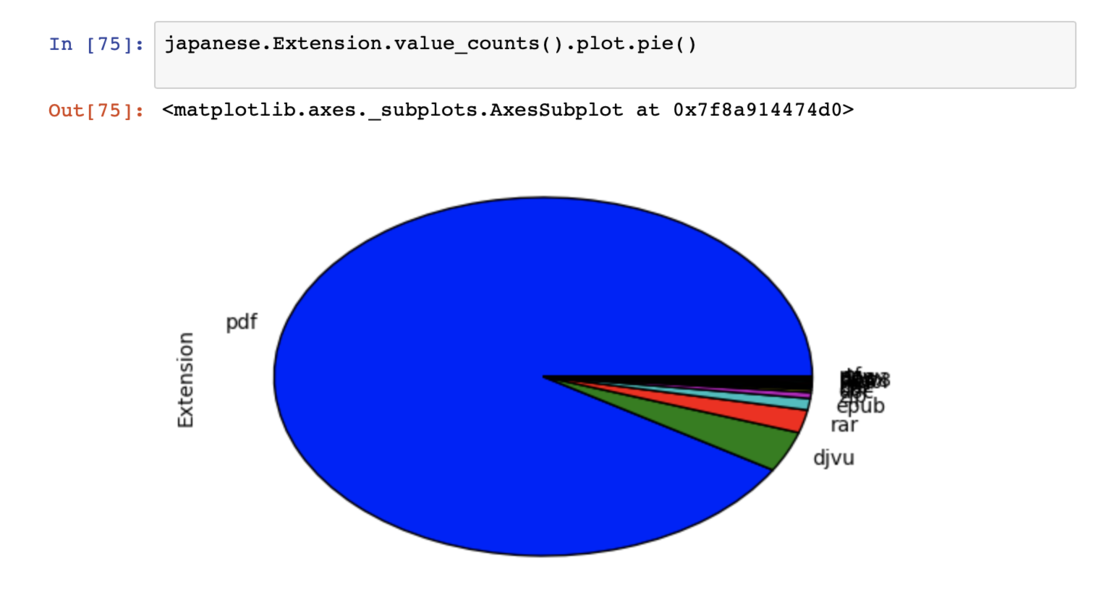User:Bohye Woo/Special Issue 9
Interfacing the law 2019
Pirate libraries, shadow libraries, piratical text collections, amateur digital libraries, peer produced libraries and how to read them together.
- Letter 1: In solidarity with Library Genesis and Sci-Hub
- Letter 2: Alexandra Elbakyan to Mr. Robert W. Sweet
- Letter 3: [[Media:Dearparticipants.pdf|Dear participants in Interfacing the law!]
WORKSHOP WITH FEMKE
Thursday 18 April
11:00 Intro: m-e-t-h-o-d-o-l-o-g-i-e-s (or not)
11:15 Q + Q
12:00 Response-ability
13:00 Lunch / move to Museumpark
14:00 Phenomenal cartography
15:30 s\p\e\l\l\i\n\g and/or Diffractive reading and/or Renaming|reframing
17:00 Feedback + next session
Download kit: m-e-t-h-o-d-o-l-o-g-i-e-s (or not)
Workshop with Bodo Balasz
Thursday 9 May
XPUB1 Special Issue 9: 11:00 - 17:00 / with Eva, Martino + Anita @ Rietveld Academy library, Frederik Roeskestraat 96 Amsterdam
Infrastructural Manœuvres in the Library: Bibliographies, categories and metadata with Martino Morandi, Anita Burato and Eva Weinmayr.
- 09:27 track 9 Rotterdam Centraal NS Intercity richting Lelystad Centrum
- 10:16 track 1-2 Schiphol Airport
- 10:31 track 1-2 Schiphol Airport R84 4637 (find Eva!)
- 10:37 track 2 Amsterdam Lelylaan
Travel to Riedveld Library
https://pad.constantvzw.org/p/rietveld_library
Workshop with Eva Weynmayr
Borrowing / Poaching / Plagiarising / Pirating / Stealing / Gleaning / Referencing / Leaking / Copying / Imitating / Adapting / Faking / Paraphrasing / Quoting / Reproducing / Using / Counterfeiting / Repeating / Translating / Cloning / Silencing / Editing / Omitting / Reducing / Appending / Redirecting / Recontextualising / Focusing / (Faithfully) Reproducing / Caring / Reformatting / Bootlegging / Reframing / Retracing
BOOK 1 — Feminism/Postmodernism
- Reproducing (but not exactly.) Producing again - not reproducing. improving materiality (imposition, bindng), adding value
- Localizing
- Crafting
This book was photocopied and assembled in a copy store, when asked by a client not imitating, or copying. the design of the cover is clearly different. it doesn't try to reproduce perfectly, or faking it. There are design decisins made. Spine writing updide down. (recultured)
What is the price of these books? What is the price of a reprodution? Original book: 35dollars, in amazon.us
- Cover
Wouldn't it be easy to photocopy the whole cover? It was a choice to only have the title and other elements, probably took more time if they had to use a paper to hide the other elements in the photocopy machine. Back cover is also very different: no information about the author, or short biography. the emphasis on the author is removed.
- Spine
Authoratitive book has title from top to bottom. Reproduced one has from bottom to top. it's crafted. (Crafting)
- Format
Printed Size, Paper, Binding are slighly different. deliberate decision: bit smaller size than A5: maybe they chose this size of their convenience for printing?
- Digital copy from LibGen:
The cover is same The contents are photocopied. There is no Back-cover.
In the authoritative copy there's a paper reminding the person who borrowed the book to put it back, this in 2004.
BOOK 2 — A Room of One's Own
- Adapting
- Caring
- Adding
- Quoting
- Inserting
- influencing
- opinioning
- bringing into conversation
- layering
- merging
marginal notes, very simillar approach with the annotated text we were doing in Steve's class
How many people were involved?
You can see the photocopy marks.
The notes are all readable in terms of having their own space, they are not all on top of each other. How was this done? Someone designed and edited the notes, or are all the authors using the same book? Is this one book annotated by different people, or many books annotated by the owner of each copy of the book?
Very subjective vision, your reading is being interrupted by others' thoughts. The authorship is shared, collective way of reading and writing: Authorship is participative. Interdependent. You trasmit your knowledge, the reading is shared
Cover looks like Reclam publisher, but different. Just like the Feminism/Postmodernism cover of the copy, it doesn't try to reproduce perfectly, or faking it.
Workshop with Dusan Barok
Tuesday 4 June
XPUB1 Special Issue 9: 10:00 - 17:00 / with Dusan + Femke in the small project space
Workshop with Dusan Barok
10:00 Discuss launch, plans, TODO-lists (Femke)
11:00 Dusan Barok on Monoskop
13:00 Lunch
14:00 Dusan on annotation; return to plans together
Wednesday 5 June
XPUB1: 11:00 - 17:00 RW&RM Steve in the small project space
https://pad.xpub.nl/p/IFL_2019-06-04
The task for the end of the today is to present a design for a workshop to Steve (at 16:00).
This workshop will be prototyped during your next session with Femke (Wed 12 June) (although you can test it out on each other beforehand, of course).
Three new pads here:
Three groups:
Selection ≥ inclusion https://pad.xpub.nl/p/IFL_2019-06-04-selection
Physical ≥ digital — https://pad.xpub.nl/p/physical_digital_workshop
Processes of collective reading — https://pad.xpub.nl/p/IFL_2019-06-05_Processes-of-collective-reading
Story?
Thinking about authorship in the context of hidden labour in shadow libraries, I question what does it mean to possess authorship when an act of pirating is happened, how can authorship be made, what are hidden accumulated labours that we don't see physically. These labours are made by sharing, editing, scanning, modifying, downloading files, however, these materials are usually not being considered as part of 'content' as annotation, it is considered to be ignored or intentionally hidden. What, Why, and how are they hidden, how can we divulge? Do we want to acknowledge on our labour or leave it anonymously?
Method? (How to?)
— Stretching the Idea of Shadow(ing): The meaning of shadow is an area of darkness, being blocked by something, and being unofficial. And the meaning of Shadowing is a method for observing the ultrastructure of biological specimens by increasing visibility of electron microscope in order to see cells minutely. If I think of 'Shadowing' in the context of hidden labour in shadow libraries, an act of shadowing is that zooming-in the invisible layer of the library to witness traces of what is being hidden.
Workshop?
Knowledge labour in the pirate library/ Being a knowledge labourer means to download, to edit, to modify, and to upload files — finding out what labours were spent when pirating.
How?
Diving into a forensic way of investigation on labour: In order to reveal the hidden labour in shadow library, Participant will be a detective to find digital labour footages. Being in a detective mode, we'll track down traces/labours that are made throughout the process of select, copy, scan, upload, download, modify, edit, categorize files and put metadata etc...
New knowledge?
Being as a knowledge labourer, you are aware of thinking on the concept of acknowledgment on hidden labours in shadow library.
A role of annotation?
Annotation becomes a tool to acknowledge hidden labour produced in shadow libraries. It will be considered as more like a investigation(workshop) report on revealing the hidden labour.
Aim?
To experience the behind scene of what's going on in pirate libraries To be aware of legality, anonymity, and acknowledgment. To find out what possible digital labours were being hidden, and why is it important to think of? To understand anonymity in pirating and acknowledging its authorship.
Tool?
Exiftool
Resources
Sample libraries
- #icanhazpdf https://twitter.com/hashtag/icanhazpdf?src=hash
- aaaaarg http://aaaaarg.fail
- Bibliotheca http://bibliotecha.info/
- Clockwise libraries https://clockwise3rldkgu.onion
- Library Genesis http://gen.lib.rus.ec
- Memory of the world http://library.memoryoftheworld.org
- Monoskop http://monoskop.org
- On Our Backs http://voices.revealdigital.com/cgi-bin/independentvoices?a=cl&cl=CL1&sp=BEBJBJCA&ai=1&e=-------en-20--1--txt-txIN---------------1
- Project Gutenberg http://gutenberg.org
- Radical Militant Library (Jotunbane’s Reading Club) https://c3jemx2ube5v5zpg.onion
- Sci-hub http://sci-hub.tw/
- Textz.com http://www.textz.com
- https://bibliotik.me
- volafile.io
- #bookz on IRCHighway/undernet
- The Piratebay @ Worm http://thepiratebay.worm.org
- UBU-web http://ubu.com
- XPPL
Reading
- Weinmayr, Eva (2019): "Confronting Authorship, Constructing Practices (How Copyright is Destroying Collective Practice" in: Whose Book is it Anyway? A View from Elsewhere on Publishing, Copyright and Creativity. Edited by Janis Jefferies and Sarah Kember
- Laurie Allen, Balázs Bodó, Chris Kelty (2018): Guerilla Open Access https://hcommons.org/deposits/item/hc:19825/
- Bodó, Balázs (2015): Libraries in the post-scarcity era. in: Porsdam (ed): Copyrighting Creativity: Creative values, Cultural Heritage Institutions and Systems of Intellectual Property, Ashgate https://pure.uva.nl/ws/files/2341818/162448_Libraries_in_the_post_scarcity_era.pdf
- Bodó, Balázs (2019): The science of piracy, the piracy of science. Who are the science pirates and where do they come from Part I + Part II
- Weinmayr, Eva (2019): Confronting Authorship, Constructing Practices (How Copyright is Destroying Collective Practice) in: Whose Book is it Anyway? A View from Elsewhere on Publishing, Copyright and Creativity. Edited by Janis Jefferies and Sarah Kember
- Dockray, Sean (2017): Interface, Access, Loss (notes for a talk) http://www.academia.edu/11966098/Interface_Access_Loss
- Elbakyan, Alexandra (2016): Why Science is Better with Communism? The Case of Sci-Hub (transcript) https://openaccess.unt.edu/symposium/2016/info/transcript-and-translation-sci-hub-presentation
- Liang, Lawrence (2011): Beyond Representation: The Figure of the Pirate. in: Access to Knowledge in the Age of Intellectual Property https://library.memoryoftheworld.org/b/DAvrgk52aetZ8LXC3T18zKc3Tp5gSVcBpplXF6QTaRVpxDJ3 p.353-354
- Maigret, Nicolas & Roszkowska, Maria (2015): Chapter 2: Insider Perspective The Warez Scene in: The Pirate Book http://thepiratebook.net
- Mars, Marcell, Zarroug, Manar & Tomislav Medak (2015): Public Library http://library.memoryoftheworld.org/b/VG3cDMIz71e2XFDqYEBSat1erDCbmCz9cv2xuitazr_oJsRX
- Meister, Andre (2013): Interviews with e-book pirates on: Netzpolitik.org https://netzpolitik.org/2013/interviews-with-e-book-pirates-the-book-publishing-industry-is-repeating-the-same-mistakes-of-the-music-industry
- A users guide to
demandingthe impossible https://artsagainstcuts.files.wordpress.com/2010/12/users-guide-to-the-impossible-web-version.pdf - Alice Corble and Sara Wingate Gray, Back to the Future! Re-visioning 21st Century Public Libraries via a Journey through Time and Space – The Seven Ages of the Librarian in Graphic Novel Style in: Sarai Reader: projections http://archive.sarai.net/files/original/457a6e7bde8cd1b674b8cea8e94eedea.pdf
- Evil Media, Matthew Fuller & Andrew Goffey (Chapter: Togetherness) https://library.memoryoftheworld.org/b/wASHWAtKve4HTCL0VCsKJrlRLlwnkk0hf9uD9TDMIgcDwuGf
- E-mail 'conversation' between Judith Butler and Athena Athanasiou in Dispossession: The Performative in the Political (Chapter 20: The university, the humanities, and the book bloc and Chapter 21: Spaces of appearance, politics of exposure) https://monoskop.org/images/1/1f/Dispossession_The_Performative_in_the_Political.pdf
- Interview by Stevphen Shukaitis with Stefano Harvey and Fred Moten in The Undercommons, Fugitive planning and black study (page 106-115) http://www.minorcompositions.info/wp-content/uploads/2013/04/undercommons-web.pdf
- A book bloc's genealogy https://libcom.org/library/book-bloc%E2%80%99s-genealogy
Video + film fragments
- Brian Knappenberger, The Internet's Own Boy: The Story of Aaron Swartz (2014) "follows the story of programming prodigy and information activist Aaron Swartz (...) a personal story about what we lose when we are tone deaf about technology and its relationship to our civil liberties." https://archive.org/details/TheInternetsOwnBoyTheStoryOfAaronSwartz
- Cornelia Sollfrank, Giving What You Don't Have (2012-2015) "I realised how limited the discourse on appropriation is and shifted the question from what artists can TAKE, to the question of what artists can GIVE, in the sense of what they can contribute to the free circulation of art and culture." http://artwarez.org/projects/GWYDH/ (interview with Andrea Francke, Eva Weinmayr, Piracy Project)
- Welcome to the scene, Episode 01 (2004) "They are revered, reviled, hunted and admired. No one knows who they are - at least, not as far as they know." http://www.welcometothescene.com/
- Jamie King, Steal this film II (2007) "If Steal this film II proves at all useful in bringing new people into the leagues of those now prepared to think 'after intellectual property', think creatively about the future of distribution, production and creativity, we have achieved our main goal." http://footage.stealthisfilm.com/browse (interview with Lawrence Liang)
- Simon Klose, TPB AFK: The Pirate Bay Away from Keyboard (2013) "How did Tiamo, a beer crazy hardware fanatic, Brokep a tree hugging eco activist and Anakata, a paranoid cyber libertarian, get the White House to threaten the Swedish government with trade sanctions?" https://www.youtube.com/watch?v=eTOKXCEwo_8
Previous editions
- http://pzwiki.wdka.nl/mediadesign/Interfacing_the_law_(2017)
- http://pzwiki.wdka.nl/mediadesign/Interfacing_the_law_(2018)
This page (?) is copyleft Constant (?) 2017, available under a Free Art Licence http://artlibre.org/licence/lal/en/






